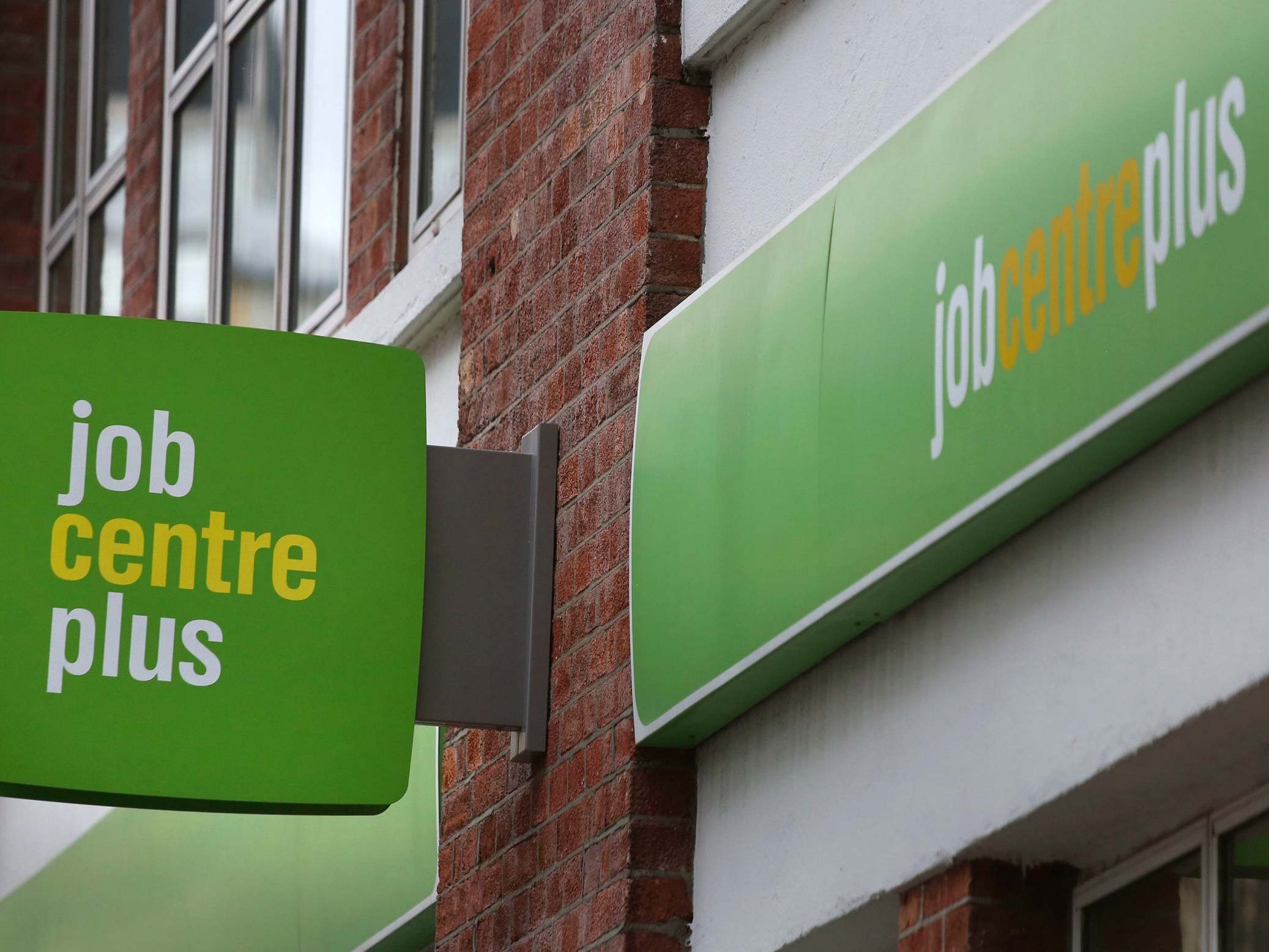Ed Miliband says government must support businesses after pandemic to avoid ‘Thatcher levels’ of unemployment
Labour calls for emergency budget to prevent mass loss of jobs as furlough scheme ends

Ed Miliband has warned of “Thatcher levels” of unemployment if the government fails to support businesses as the UK emerges from the coronavirus crisis.
Labour’s shadow business secretary said chancellor Rishi Sunak should deliver a back-to-work budget within weeks in order to deliver support for jobs in businesses which have been shuttered during lockdown, many of which still have no date to reopen.
He unveiled analysis suggesting that up to one million people could be added to the current jobless total of 2.8 million unless extra support is given from August.
Mr Sunak’s furlough scheme – which offers 80 per cent of monthly salaries up to a maximum of £2,500 to workers who would otherwise be laid off – is due to be gradually wound down from the end of July, with employers having to shoulder the full burden from November.
Prime minister Boris Johnson today promised no return to austerity politics as lockdown lifts, telling the Mail on Sunday that a keynote speech on Tuesday will set out plans for a “Project Speed” taskforce to accelerate the rollout of plans for billions of pounds worth of infrastructure investment in hospitals, roads and schools.
Funding for the schemes is expected to be detailed in an economic statement by Mr Sunak next month.
But Mr Miliband said support was also needed for sectors which still have no date for reopening, often because of the difficulty of observing social distancing guidelines.
These include nightclubs, casinos, indoor gyms, swimming pools, fitness and dance studios, bowling alleys, indoor play areas, conference centres, beauty and tanning salons and nail bars.
Mr Miliband told BBC One’s Andrew Marr Show he “fears Thatcher levels of unemployment” if the hospitality sector and others which cannot fully reopen do not receive continued help from the government.
Official unemployment figures peaked at 3.3 million in 1984 during Margaret Thatcher’s administration.
The shadow business secretary said: “You’ve got to have a bridge between the end of the furlough and a proper job creation programme.”
He questioned why no budget would take place this summer, adding: “We’ve got potentially the worst economic recession in 300 years and the Treasury is deciding we’re not going to have a budget.”
Mr Miliband said a VAT cut should be one option considered but is not at the top of his list, instead focusing on how different sectors have been affected by the lockdown and the virus.
On reports that Boris Johnson wants to help areas previously affected by austerity, Mr Miliband replied: “There’s a grand canyon between his rhetoric and the reality.”
Priti Patel, the home secretary, said the prime minister’s post-Covid investment plan would see money for broadband connections and new roads.
She told Sky News’ Sophy Ridge On Sunday programme: “As we move out of this awful period of coronavirus, this dreadful disease, we want to get Britain moving again.
“We’re building now very much a road to recovery, a road map focusing on infrastructure right now, levelling up across the country, focusing on roads, broadband – the type of things that effectively help to create jobs but also provide services and economic growth and opportunity across the country.”
Labour’s shadow work and pensions secretary Jonathan Reynolds said it was “possible already that unemployment is the highest it has ever been”.
He told Ridge that the government should guarantee jobs to those out of work for a “significant period of time”, emulating the Future Jobs Fund which was created after the 2008 global crash.
Subscribe to Independent Premium to bookmark this article
Want to bookmark your favourite articles and stories to read or reference later? Start your Independent Premium subscription today.

Join our commenting forum
Join thought-provoking conversations, follow other Independent readers and see their replies